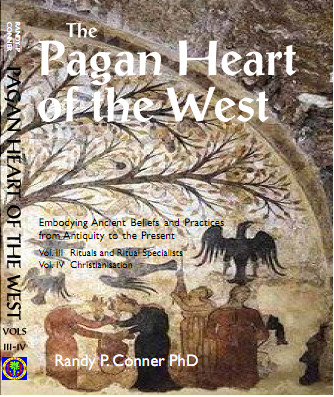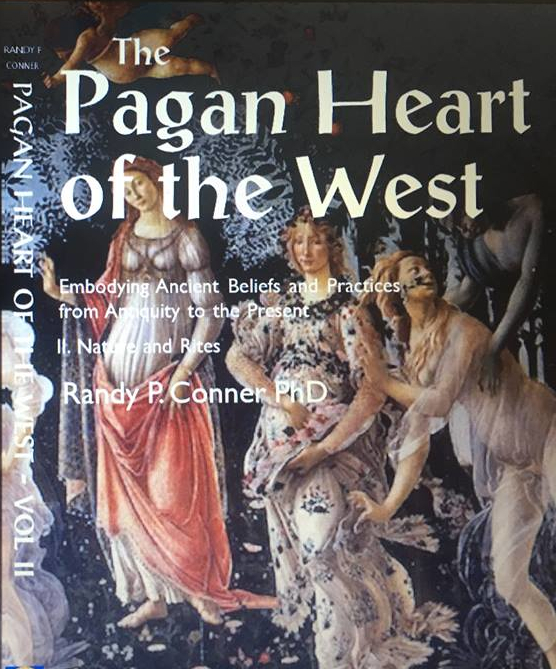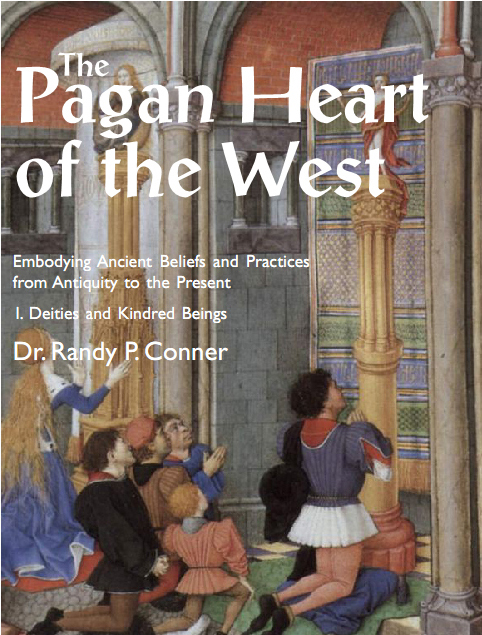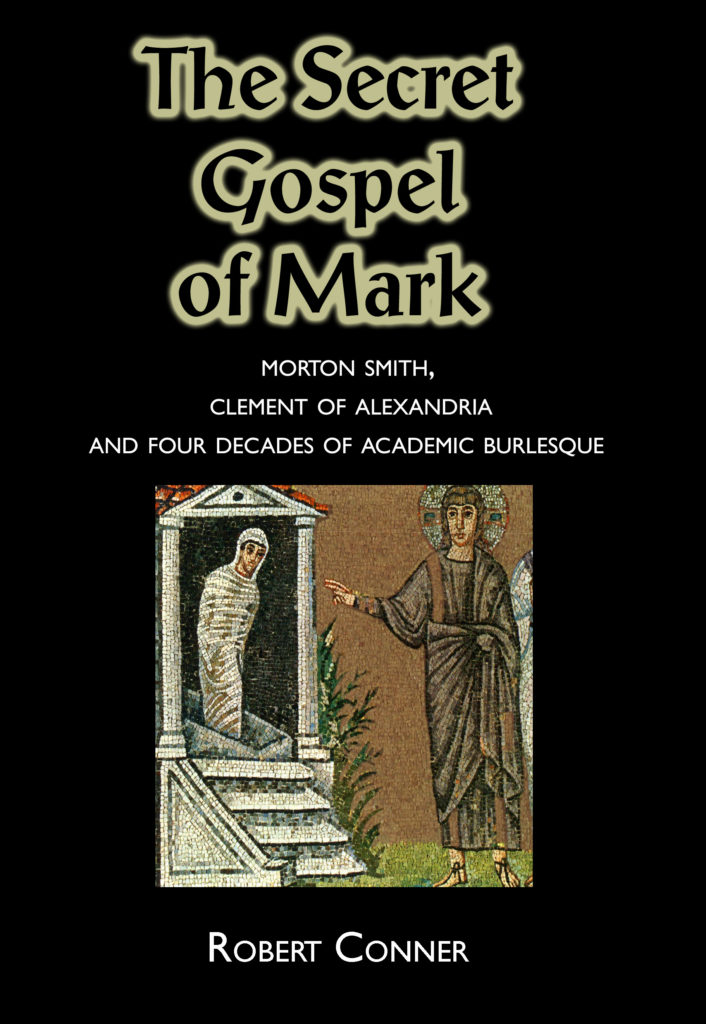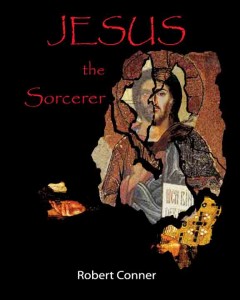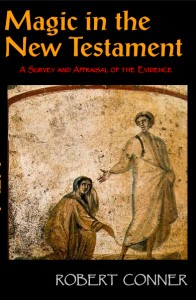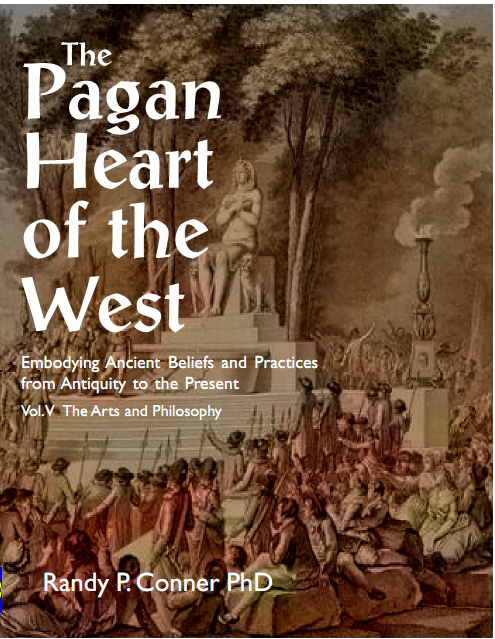
The Pagan Heart of the West:
Embodying Ancient Beliefs and Practices
from Antiquity to the Present
Vol. V The Arts and Philosophy
Randy P. Conner PhD
ISBN 9781906958909
£20.00+p&p /$28.00+p&p
Click HERE for UK edition
Click HERE for USA & Elsewhere
Get Pagan Heart of The West Quartet for only £65.00 postage free / UK
Get Pagan Heart of The West Quartet for only $100.00 postage free / USA (Elsewhere check fd)
In this fifth and final volume, we consider the persistence and transformation of pagan traditions in philosophy and the arts. This final volume also includes the extensive bibliography for the series.
The Pagan Heart of the West challenges current academic notions that paganism died when Christianization occurred; that the transition from paganism to Christianity was a fairly easy, nonviolent one; that persons once pagan were happy to accept the new religion because it fulfilled them or because they viewed it as superior – as if the Inquisition never happened; and that all things pagan are Christian before the mid-twentieth century, even though they demonstrate little or no connection to the Christian New Testament. Likewise, Pagan Heart challenges narrow conceptions of “the West.”
Applying Indigenous and decolonial theories, together with Michel Foucault’s conception of subjugated knowledge, Pagan Heart suggests that instead, paganism should be explored as an ancient and indigenous set of common beliefs and practices, at once ubiquitous and local, that includes the reverence of deities; the veneration of nature; rites celebrating the seasons and the life cycle; practices of healing, divination, and magic, often guided by ritual specialists; and arts and philosophies giving expression to pagan figures, concepts, and narratives.
Pagan Heart focuses on the utilization of theories that contest absolutist language supporting the so-called death of paganism; and on the worship and veneration of ancient deities and kindred beings. Like the other volumes, this volume demonstrates that paganism has not only persisted throughout millennia but that it has also undergone metamorphosis and innovation.
Most importantly, Pagan Heart emphasizes that the ancient gods did not die when Christian authorities forbade their worship and sought, in N. Scott Momaday’s terms, to commit deicide, but instead that they continue to exist and thrive.
Randy P. Conner, Ph.D., is the author of several works on the intersection of gender, sexuality, mythology, and the sacred. He teaches Humanities, including World Mythology, in the Chicago area.

